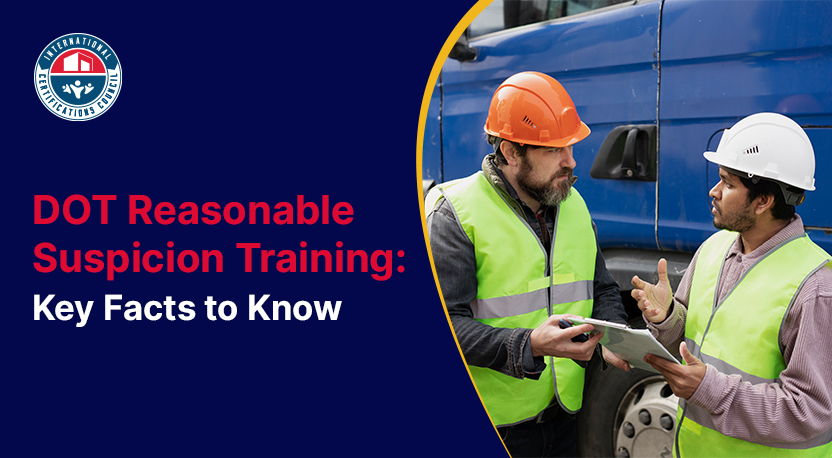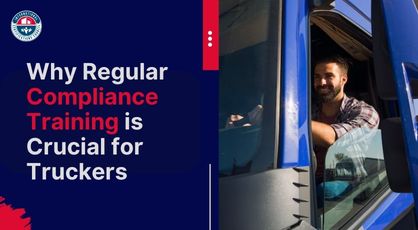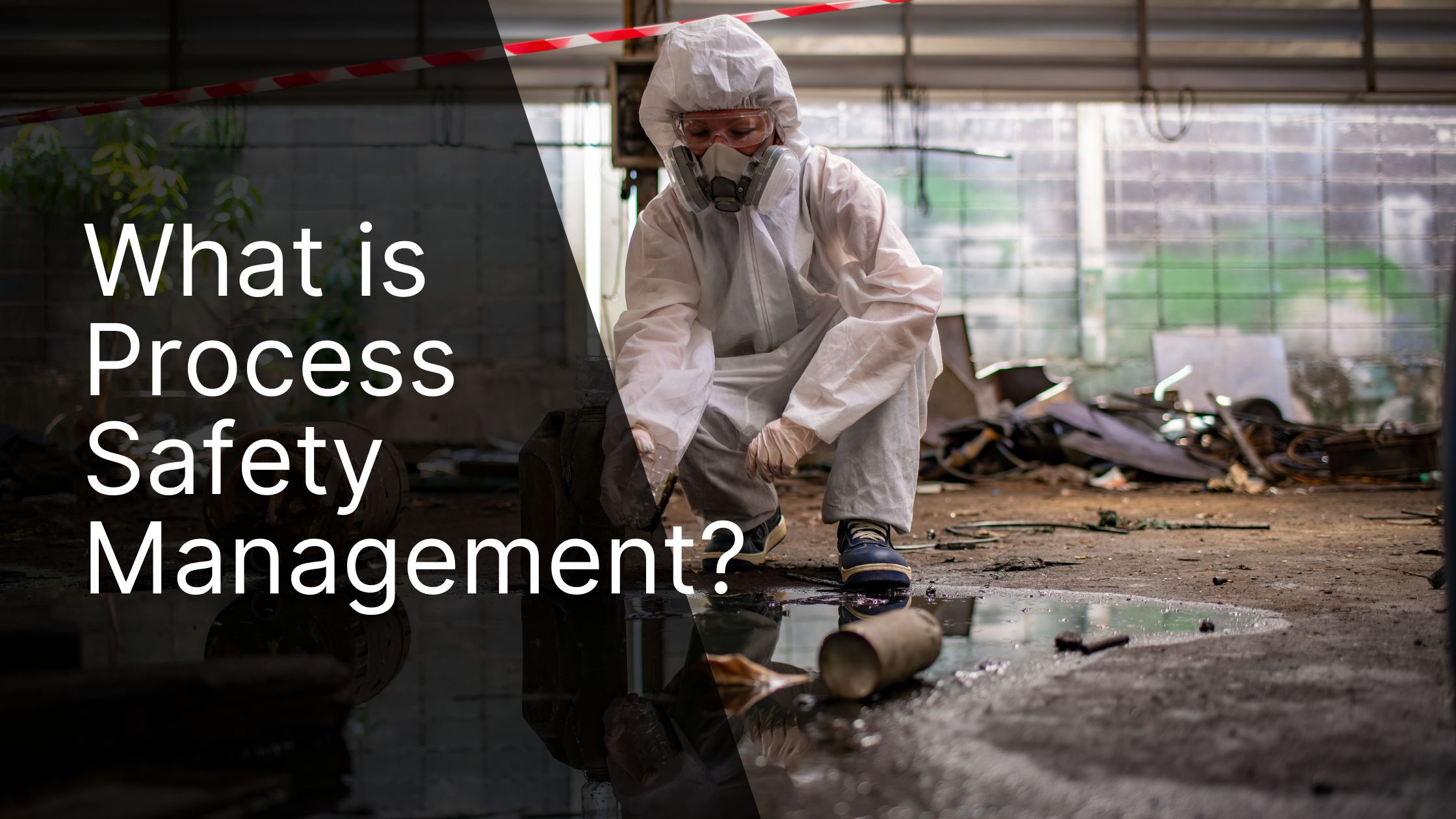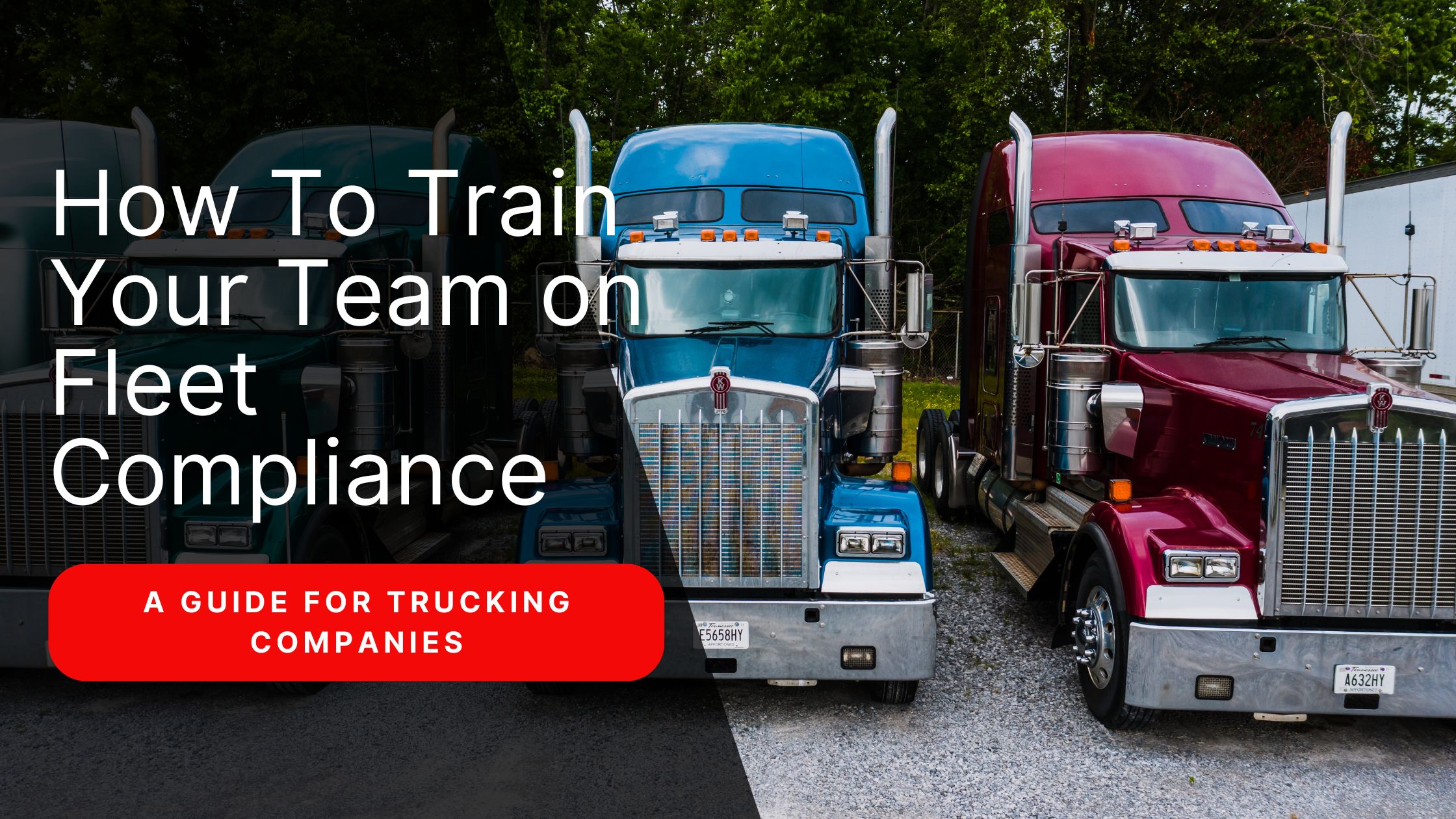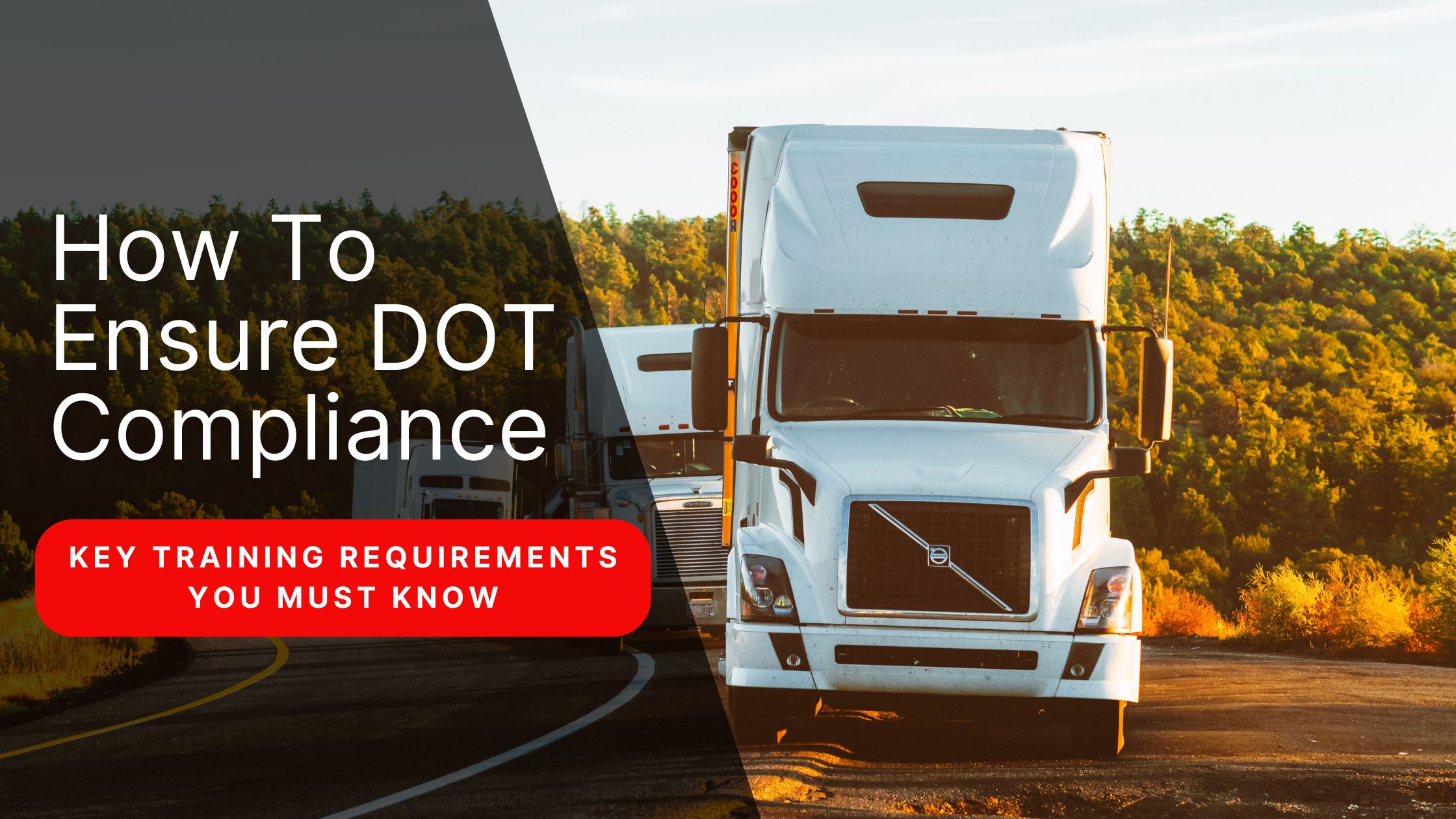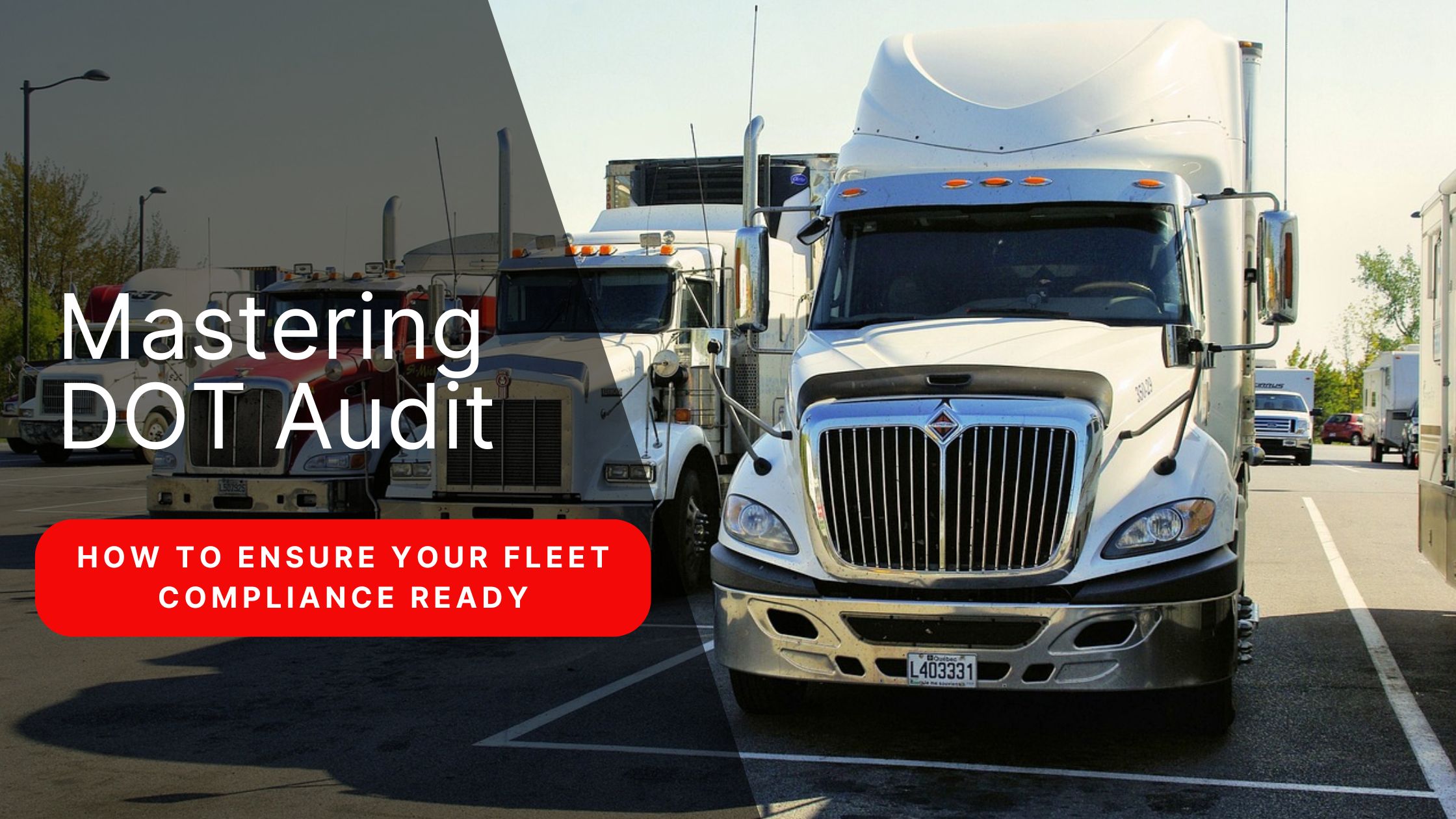Running a trucking company most likely indicates that you understand the difficulties maintaining Department of Transportation (DOT) regulations. The maximum daily penalty for DOT violations has gone from $1,496 to $1,544; the maximum cumulative penalty now is $15,445 from $14,960.
The stakes are high; non-compliance might harm the standing of your company, lead to expensive fines, and disrupt operations. Not only does following DOT guidelines allow your company to save integrity, efficiency, and safety; it also helps to prevent fines.
Maintaining compliance shows that your drivers are correctly trained, that your vehicles are roadworthy, and helps to lower accident rates. This post will guide you through the top five DOT compliance mistakes that might endanger your trucking company. At last, you will be fully aware of these hazards and know how to prevent them.
What is DOT Compliance
Although you probably know the term DOT compliance if you own a trucking company, what does it mean? DOT compliance is all about safety. The regulations are designed to prevent accidents and ensure that commercial vehicles operate safely on the roads.
The U.S. Department of Transportation (DOT) oversees all facets of transportation with a mission to ensure that our nation’s transportation system is safe, modern, and efficient. The DOT has established many rules and regulations requiring commercial vehicles like yours to comply with this.
The Federal Motor Carrier Safety Administration (FMCSA) guarantees adherence to these guidelines while the DOT establishes them. The FMCSA implements these rules for enforcement.
So, what exactly does DOT compliance involve? Here are the basics:
- Avoiding Drugs and Alcohol: Verify drivers' sobriety and absence of influence.
- Inspections: Apply the policies for consistent vehicle inspections.
- Respect the FMCSA Guidelines: Follow their policies.
- Hazardous Materials: Follow laws if you are moving dangerous goods.
- General Safety: See DOT's general safety guidelines
Importance of DOT Compliance
Safety First: DOT compliance revolves mainly around maintaining road safety. By guaranteeing your vehicle satisfies high safety criteria, you assist in avoiding accidents, injuries, and death.
Avoid Costly Penalties: Ignoring rules could result in expensive penalties, higher insurance premiums, and a bad reputation. Under worse circumstances, it may cause you to lose licenses or operational power.
Streamline Your Operations: Using DOT compliance services helps you simplify the inspection and certification procedure, saving you time and cutting documentation. This keeps your vehicle current and helps to prevent delays.
Boost Efficiency: Properly kept and compliant vehicles perform more consistently and smoothly. Less disturbance and a more effective running means follow from this.
Save Money: Compliance programs lower the chance of accidents and expensive repairs, helping you save money. They also typically result in reduced insurance premiums.
Top 5 DOT Compliance Mistakes You Need to Avoid
Keeping your trucking business on the right side of DOT regulations is crucial. Here are the top five dot compliance mistakes you should steer clear of:
Mistake #1: Failing to Maintain Accurate Driver Logs
Ignoring correct driver records is a significant error that could result in penalties and noncompliance.
DOT rules mandate exact recording of driving hours to guarantee drivers aren't working beyond legal limitations. Inaccurate logs compromise road safety in addition to generating fines.
Driving hour recording and evaluation must be done from a dependable system. Without proper records, you run the danger of running afoul of laws and maybe causing operational interruptions that would seriously affect your trucking company's standing.
Mistake #2: Neglecting Drug and Alcohol Testing Requirements
One of the leading compliance mistakes with drug and alcohol tests might have grave implications. Regular testing mandated by DOT rules guarantees that commercial vehicle drivers are not intoxicated.
Ignoring these tests might lead to heavy penalties, legal action, and degraded safety surroundings. Following testing plans and policies is essential to avoiding fines and preserving the integrity of your business.
Without appropriate testing, you run legal consequences and public and driving safety issues.
Mistake #3: Ignoring Vehicle Maintenance and Inspections
Ignoring vehicle maintenance and inspections is a significant mistake that could cause safety concerns and non-compliance problems.
DOT rules mandate that vehicles be roadworthy and safe using regular inspections and maintenance. Ignoring this might cause penalties, accidents, and malfunctions.
Following a periodic maintenance plan and maintaining thorough records of every inspection and repair is essential. Your fleet could only suffer more hazards and operational interruptions with appropriate maintenance, affecting compliance and safety.
Mistake #4: Inadequate Record-Keeping for HOS Regulations
One significant dot compliance mistake that could cause compliance breaches in hours of service (HOS) rules is insufficient record-keeping.
DOT guidelines provide for the exact recording of driving hours, rest breaks, and deviations from accepted plans. Poor record-keeping and operational inefficiencies can lead to penalties and legal problems.
Compliance shown during audits and inspections depends on accurate records. You run the danger of paying fines and endangering the seamless running of your transportation company without them.
Mistake #5: Ignoring Employee Training and Certification
Ignoring staff certification and training can compromise compliance and endanger safety. DOT rules mandate that drivers and other staff members have appropriate certification and training to guarantee they satisfy industry standards and regulations.
Inadequate training can lead to penalties, problems with operations, and safety concerns.
Every person must be correctly qualified and trained in line with DOT criteria. Ignoring this component of compliance not only runs legal danger but also compromises your business's general effectiveness and safety.
How to Avoid These Mistakes and Stay Compliant
1. Keep Accurate Driver Logs: Ensure your drivers document their hours accurately and in detail. Track using electronic logging tools (ELDs) to avoid mistakes and streamline processes.
2. Follow Drug and Alcohol Testing Guidelines: For every driver, follow set drug and alcohol testing policies. Regular testing maintains your operations safe and helps to prevent fines.
3. Keep Up Vehicle Maintenance: Plan regular maintenance for each automobile. Frequent maintenance and inspections guarantee road safety and help to prevent breakdowns.
4. Maintain Thorough HOS Records: Record all driving hours, rest breaks, and diversions precisely in your thorough HOS logs. Passing audits and avoiding fines depend on accurate records.
5. Provide Proper Employee Training: Ensure every driver and employee has the required certification and instruction. Well-prepared workers improve safety and assist in keeping compliance.
Enhance Compliance with Our Drug and Alcohol Training for Supervisors
Are you sure your managers would be able to identify alcohol and drug abuse among employees? Our Supervisor 60/60 Drug and Alcohol Training is meant to provide your staff with the necessary tools to manage substance usage properly.
Designed in line with DOT and FMCSA rules and by professionals in the transportation sector, this training teaches managers how to identify symptoms of drug and alcohol misuse, evaluate staff members, and manage reasonable suspicion events.
This training guarantees your team can successfully handle these significant concerns by including helpful advice on legal compliance, correct paperwork, and occupational safety enhancement.
Enroll right now to create a more compliant, safer workplace.
Conclusion: Stay Proactive and Avoid Costly DOT Compliance Mistakes
Staying DOT compliant is not just a regulatory requirement; it’s a crucial component of your trucking business's success.
By proactively addressing these common dot compliance mistakes, you can avoid hefty fines.
Ensuring thorough HOS record-keeping and proper employee training also help prevent operational disruptions and potential legal troubles.
Prioritize compliance to safeguard your business’s reputation, enhance safety, and ensure smooth operations. Stay vigilant, stay compliant, and keep your trucking business on the road to success.

